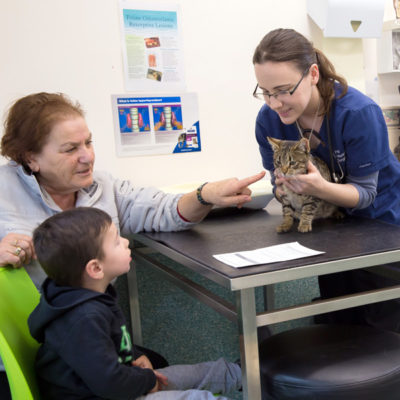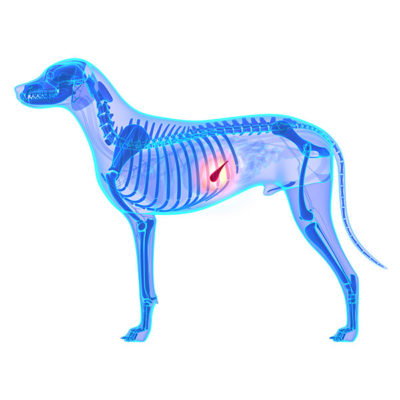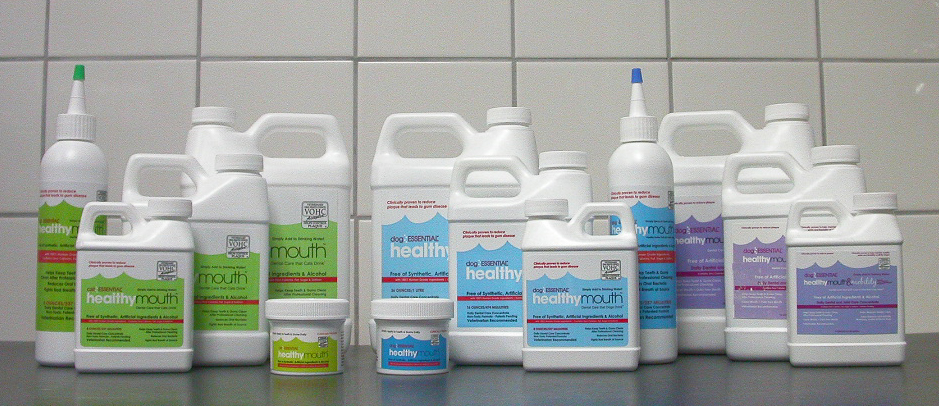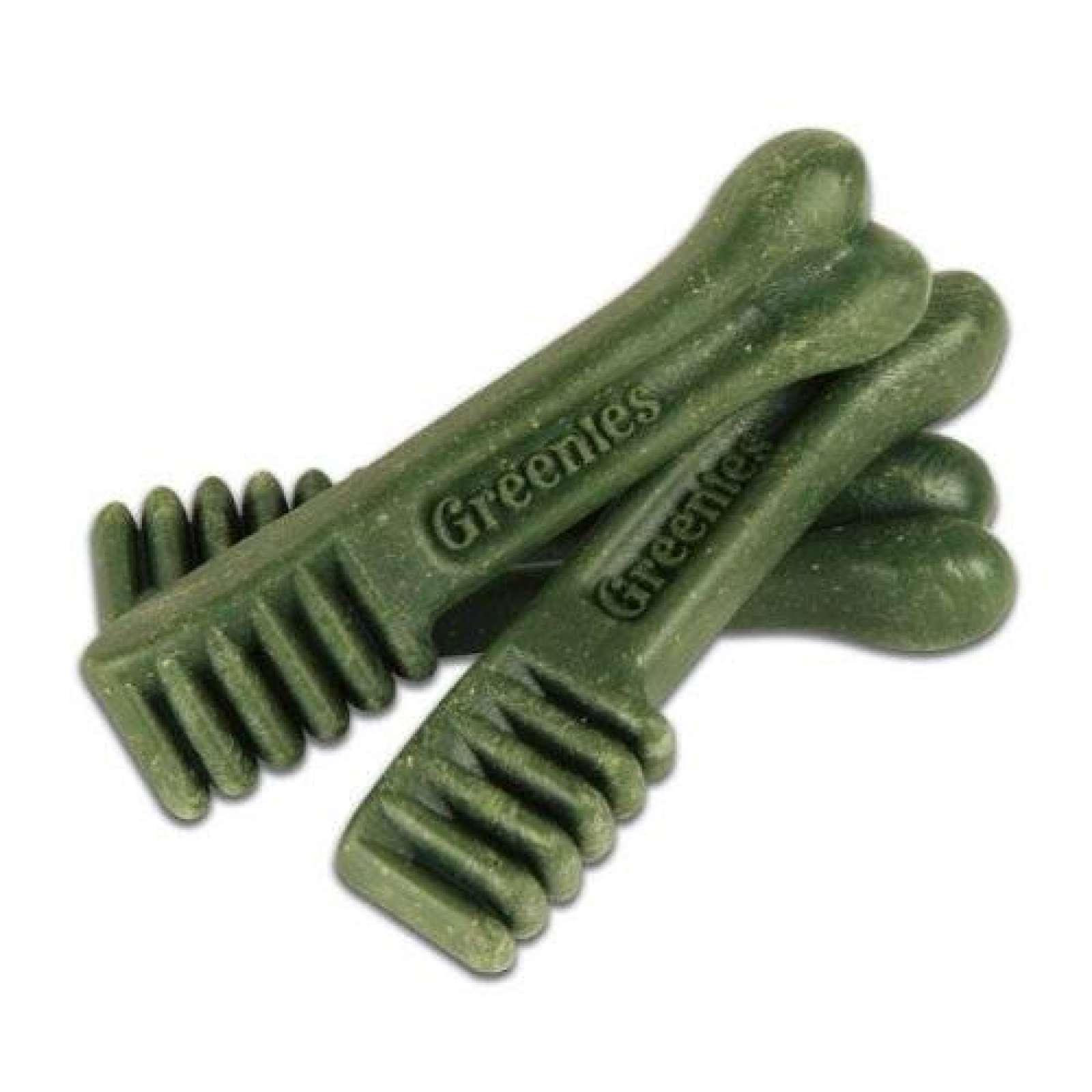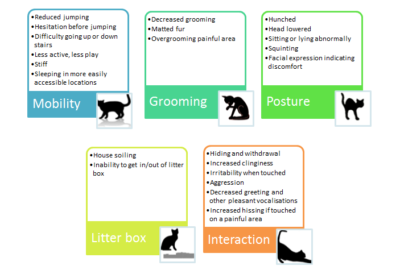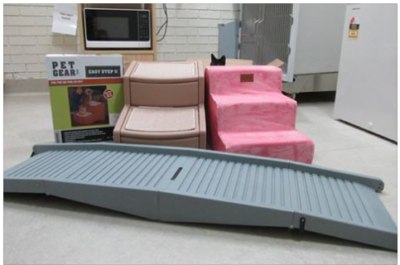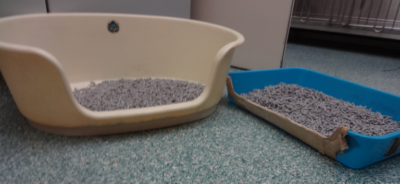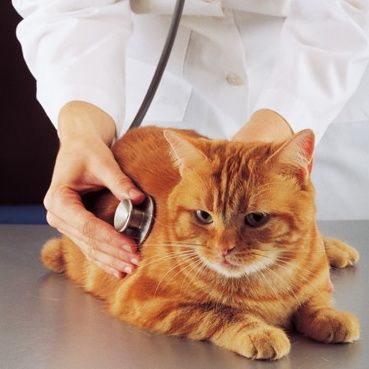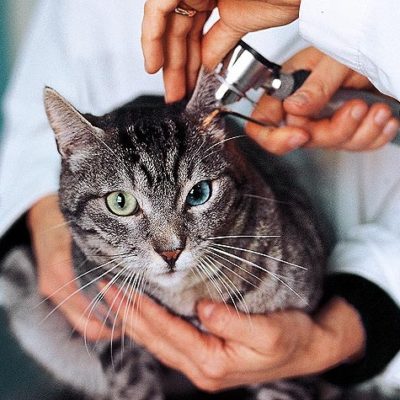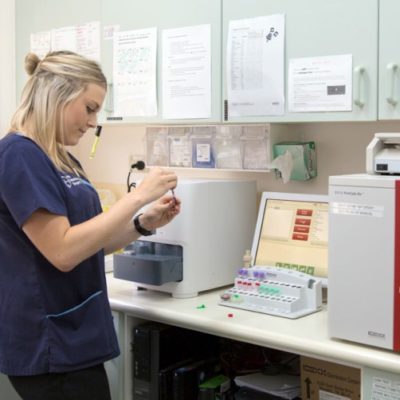As a pet owner, it is important that you are equipped to spot signs of heart disease in your pets, as you may well be the first person to notice. Early diagnosis and treatment can make a big difference when it comes to the quality and quantity of life of your valued pet. Bringing any concerns to your vet’s attention as soon as possible can have a great impact on your pets prognosis.

Some of the symptoms you may see:
Coughing: while coughing is a very common symptom of many illnesses, it is also a symptom of heart disease. Minor coughs will resolve in a few days. A persistent cough is an abnormal state.
Breathing difficulty: shortness of breath, laboured breathing, or rapid breathing.
Changes in behaviour: If you notice any behaviour changes in your pet, such as tiring more easily, being less playful, reluctance to exercise, reluctance to accept affection, being withdrawn, or an appearance of depression.
Poor appetite: No matter what the cause, a lack of appetite is always a concern.
Weight loss or gain: this can be a sign of a myriad of problems. Having a bloated or distended abdomen (pot belly) is a sign that needs investigation.
Fainting/Collapsing: if your pet faints or collapses at any time, seek veterinary help immediately.
Weakness: may be seen as a general sign of aging, but combined with other symptoms, a consultation and possibly blood tests may yield results that mean your pet’s quality of life is enhanced.
Restlessness: and change in demeanour, particularly if restless at night, may be a sign of heart disease.
Edema: is the swelling of body tissues. In regards to heart disease, your pet may show swelling in the abdomen and extremities if it has heart disease.
Isolation: If your pet starts to isolate itself or is keeping its distance from other pets and/or you, this indicates something has changed and warrants investigation.
There are a range of treatment options for heart disease and the earlier the intervention the better the outcome. If you feel your pet is not their normal self talk with your vet about your concerns. The above list is not exhaustive, just outlines some common symptoms.
